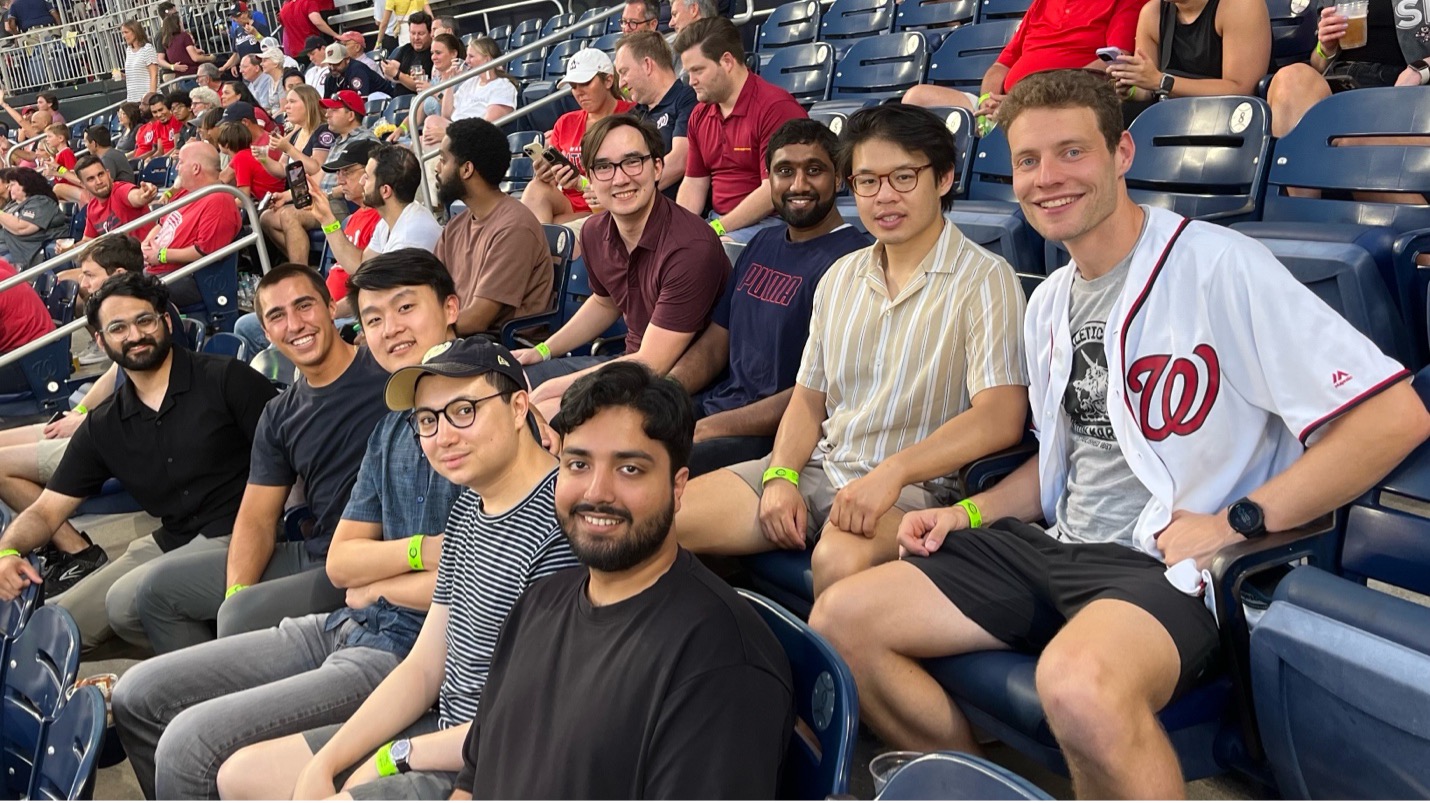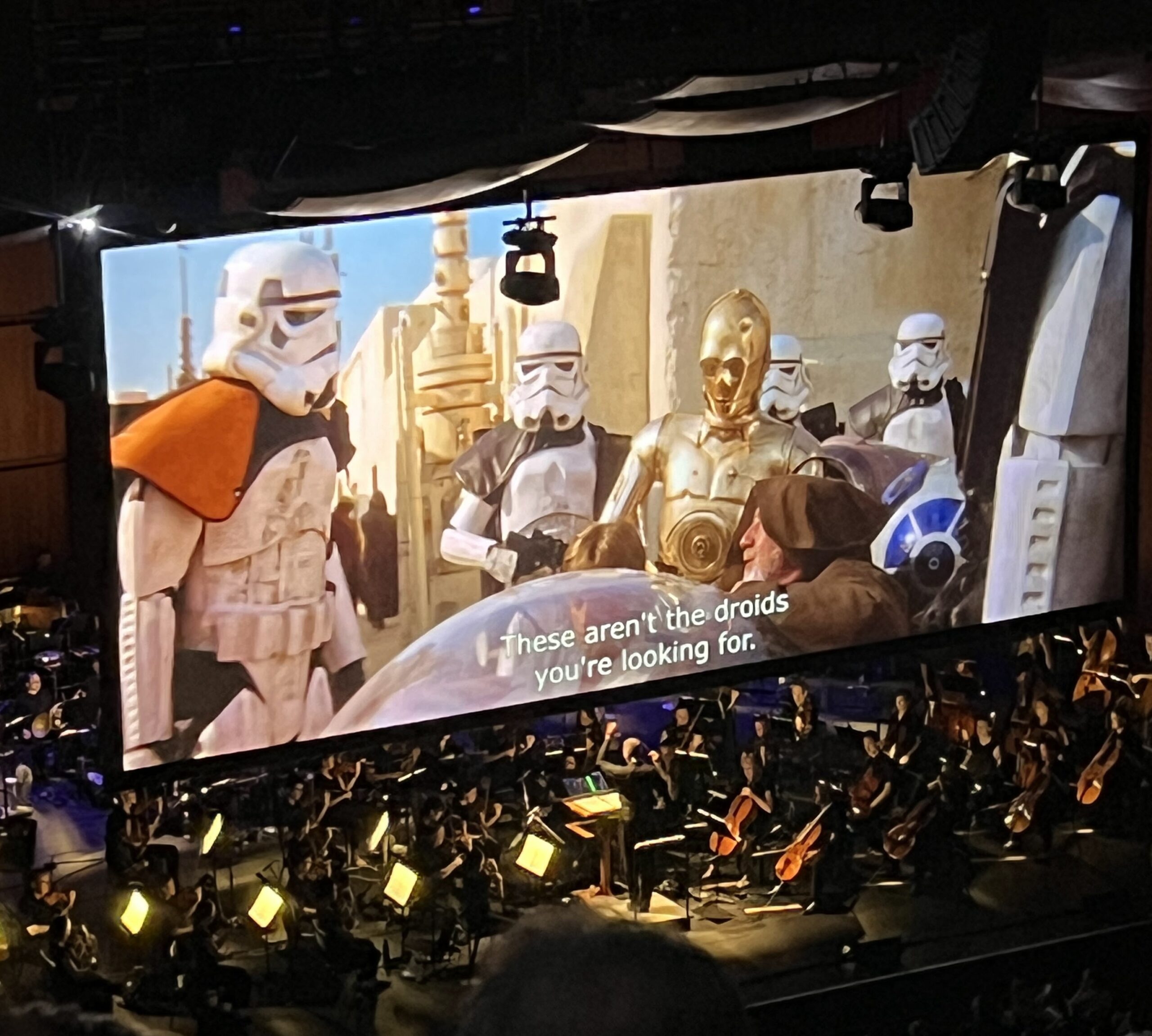This week, Expedition Technology (EXP) team members delivered a pair of presentations at the Institute of Navigation’s 2024 Joint Navigation Conference (JNC). JNC serves as the largest U.S. military positioning, navigation, and timing (PNT) event of the year with joint service and government participation (Department of Defense and Department of Homeland Security). To address this year’s theme of “Robust, Resilient, Assured PNT for Warfighters and Homeland Defense,” the conference focused on technical advances and development/delivery of affordable PNT systems. These included battlefield applications of GPS, critical strengths and weaknesses of field navigation devices, warfighter PNT requirements and solutions, and navigation warfare.
As part of JNC 2024’s “Cooperative Space-Based Sources: Experimentation” session, EXP spoke about “Ranging and Navigation Experimentation for Novel GPS Waveforms.” Our work revolves around improving performance in the space segment of GPS systems. To achieve these gains, we continue to develop a new class of PNT waveforms that leverage machine learning and an adaptive layer that allows for operation in the presence of dynamic jamming and interference.
For this presentation, our team shared insights into our novel waveform, how we have progressed from software simulation to hardware implementation, and the types of waveform tests and ranging and navigation performance experiments we have conducted to date and anticipate executing going forward across distance, interference type, and magnitude. We also discussed the preliminary results from our long-range navigation tests and our plans to transform these experiments into a system with reprogrammable transmitters in orbit that allow for an in-theater ability to sense and adapt to the radio frequency environment.
We also participated in the conference’s “Cooperative Space-Based Sources: Signals” session, where we presented, “Waveform Adaptation for Contested RF Environments.” EXP’s innovation centers on two capabilities. First, we have designed a flexible waveform that has attributes tailored to a specific jamming structure while maintaining the ability to adapt to a changing interference environment. Waveform adaptivity includes offline and online components. Second, we have developed a control architecture with a message broker and backchannel communications link to generate situational awareness and/or subscribe to third-party awareness sources and securely share information between transmitter and receiver nodes.
In this talk, our team described the solution we have implemented and successfully demonstrated in a diverse set of contested environments. We explained the waveform definition and attributes, spectral situation awareness capabilities, and the backchannel control architecture elements that allow us to demonstrate how navigation systems can reconfigure and reprogram their PNT waveforms in real time and achieve robust and resilient performance in challenging spectrum environments.
These opportunities to deliver thought leadership at JNC 2024 reflect the complex challenges our defense and intelligence community customers face and the innovative products and solutions we design, develop, and deliver to help solve them. If creatively tackling problems like these appeals to you, learn more about our culture and look at our current job openings. We hope you’ll join our expedition for excellence at EXP!






